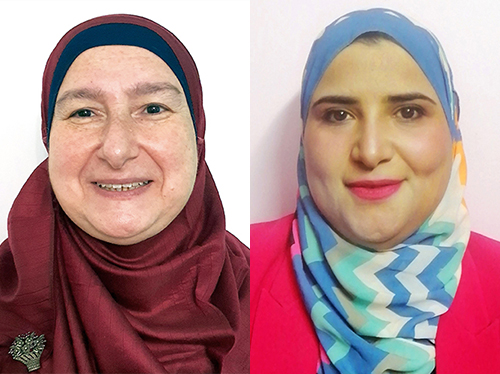 IBCLC Detailed Content Outline: Clinical Skills Focused CERPs - Section VII
IBCLC Detailed Content Outline: Clinical Skills Focused CERPs - Section VII
Access CERPs on Clinical Skills for the IBCLC Detailed Content Outline recertification requirements. Enjoy convenient on-demand viewing of the latest Clinical Skills focused IBCLC CERPs at your own pace.
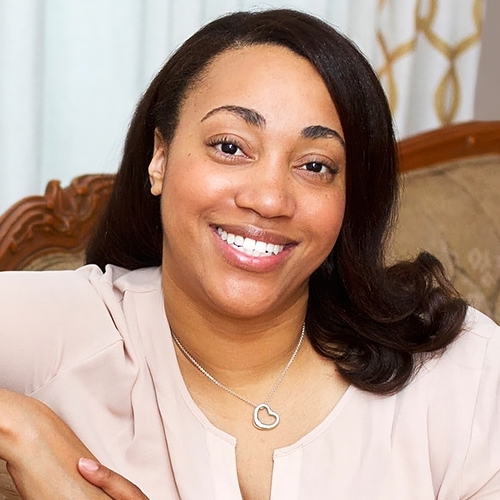
Breastfeeding as a Preventative Care Change Model: How to Affect Change

Mona Liza Hamlin, MSN, RN, IBCLC is the nurse manager of Perinatal Resources and Community Programs for the Women & Children’s Service Line at Christiana Care Hospital in Newark, Delaware. Her role consists of improving both inpatient and outpatient programs that focus on reaching the triple AIM, and improving health equity in the state of Delaware. Hamlin serves as Past-Chair to the United States Breastfeeding Committee (USBC). The USBC is a coalition of more than 50 organizations that support its mission to drive collaborative efforts for policy and practices that create a landscape of breastfeeding support across the United States.
She is a founding member of the National Association of Professional & Peer Lactation Supporters of Color (NAPPLSC), an organization aimed at addressing breastfeeding disparities and improving breastfeeding
amongst families of color. Hamlin also serves as a member of the Delaware Healthy Mother & Infant Consortium and is a board member
for the Breastfeeding Coalition of Delaware. Her fundamental
belief is that equitable access and high quality care are provided to all women and families, especially those most vulnerable to lack of access and systemic barriers to care. Fueled by her professional and personal experiences and passions, Hamlin strives to ensure that all mothers have access to a full scope of perinatal care, support and resources.
No matter where we look health disparities, morbidity and mortality continue to persist. This is especially true in the maternal child health field. We all understand the value of breastfeeding and human milk and it is now critical to merge that value across the spectrum of maternal child health. No matter the organization or work we are in; clinical, community, public health, or policy; we must create connections that improve and create holistic approaches to improve health and prevent illness. Linking breastfeeding and human milk in efforts made outside of the field of lactation will improve overall efforts to improve maternal child health. This discussion will give opportunity to explore how to engage with non traditional stakeholders and make the connections where breastfeeding isn't traditionally included to discuss preventative care for maternal child health as a whole.
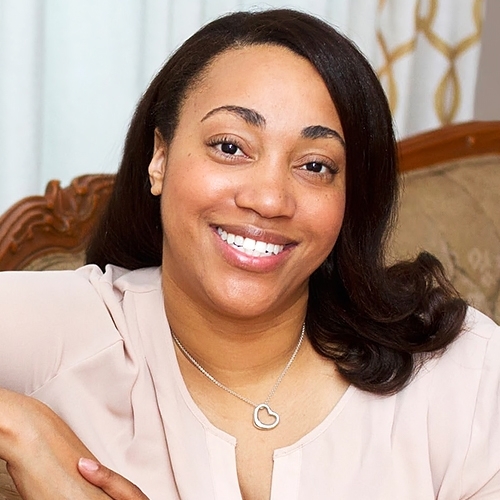
View Details / Enroll
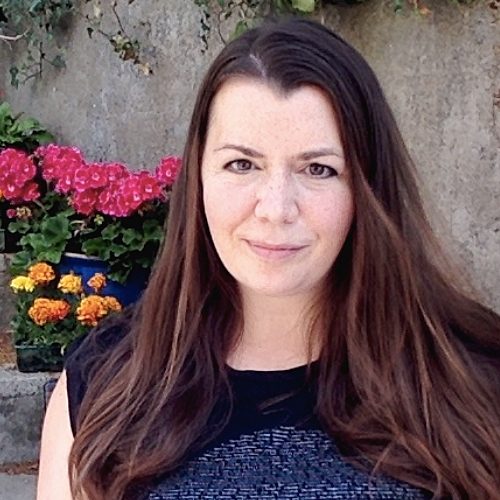
Breastfeeding as a Public Health Issue: Do we Have the Right Approach?

Professor Amy Brown is based in the Department of Public Health, Policy and Social Sciences at Swansea University in the UK. With a background in psychology, she has spent the last thirteen years exploring psychological, cultural and societal influences upon infant feeding decisions in the first year. Her research seeks to understand how we can shift our perception of how babies are fed away from an individual mothering issue to a wider public health problem – with societal level solutions. Dr Brown has published over 60 papers exploring the barriers women face in feeding their baby during the first year. She is a mother to three human children and three book babies: Breastfeeding Uncovered: Who really decides how we feed our babies, Why starting solids matters, and The Positive Breastfeeding Book: Everything you need to feed your baby with confidence. She is a regular blogger, aiming to change the way we think about breastfeeding, mothering and caring for our babies.
Topic: Breastfeeding Trauma: How Can We Recognise and Support Mothers Who Wanted to Breastfeed but Were Unable to Meet Their Goals? - [View Abstract]
Topic: How Can We Better Support Mothers Don’t Meet Their Breastfeeding Goals? - [View Abstract]
Topic: What Do Normal Infant Feeding Patterns Really Look Like? - [View Abstract]
The majority of women should be able to breastfeed, but elements of their experience are ultimately stopping them from doing so. Breastfeeding works best when done responsively but many psychological, social and cultural factors work directly or more subtly against responsive feeding, meaning that many mothers experience difficulties with breastfeeding which can lead to premature weaning. These factors can include separation of mother and baby, a lack of understanding of breast milk production, public attitudes and wider pressures of motherhood to name a few. If we want to support mothers to breastfeed we must understand and target these wider factors to create a supportive breastfeeding environment. It is important however that our approaches to breastfeeding promotion and education are perceived positively by mothers in order for them to be effective. In this presentation I’ll be addressing the common barriers to breastfeeding and their impact, along with new research that looks at how mothers perceive common breastfeeding education messaging and what this research tells us about how we can change our approach to ensure our messages have the intended impact.

View Details / Enroll
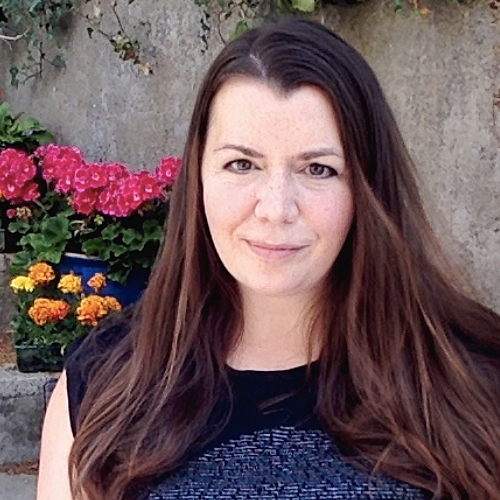
View Details / Enroll
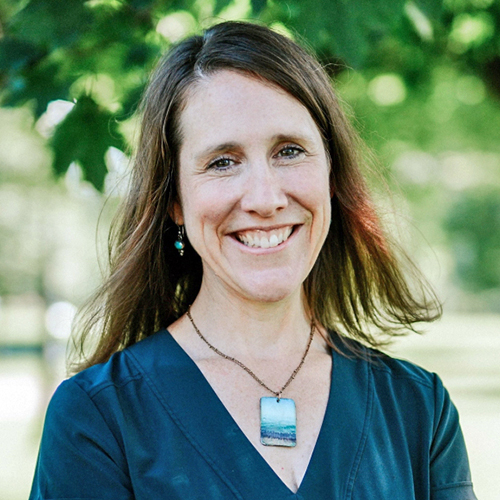
Breastfeeding as Movement: Case Studies on Posture, Movement and Reflexive Function in Complex Feeding Challenges

Allyson is a physical therapist, International Board Certified Lactation Consultant and co-owner of Nurture Columbus, in Columbus, Ohio. She completed a Bachelor’s degree in Biology from Ohio University in 1997, and Master of Physical Therapy degree from Northwestern University in 1999. After having a child in 2007, she volunteered as a La Leche League leader. She discovered a love for supporting new parents but a gap in lactation care, which led her to become an IBCLC in 2014. Her clinical approach to identifying and overcoming feeding challenges is unique with physical therapy foundations in posture, movement and reflexive function. Through presentations she endeavors to engage IBCLCs to know more about movement as related to human lactation, and PTs to learn about breastfeeding/chestfeeding as related to human development. As past-president (2019-2021) of the Ohio Lactation Consultant Association, she also advocates for equitable access to and health plan coverage for lactation care.
Topic: Neuroanatomy and Biomechanics: Breastfeeding as a First Movement Milestone - [View Abstract]
Knowledge of neuroanatomy, reflexes, and biomechanics as related to breastfeeding is essential to IBCLC competency. This presentation will define breastfeeding in terms of posture, movement, and reflexive function. Examples of neuromuscular dysfunction that impair breastfeeding will be provided through a series of case studies with emphasis on dissipating stress while empowering families with strategies to optimize movement essential to breastfeeding success. The presentation will build on the definition of breastfeeding as a first movement milestone strengthened through interactive tummy time at a most basic level, and through ongoing movement related assessment and treatment as necessary for complex feeding challenges. Also addressed will be some new research on pressure to breastfeed. Awareness of how IBCLC care might be perceived is important for establishing trust among families seeking it and the healthcare community referring to it.
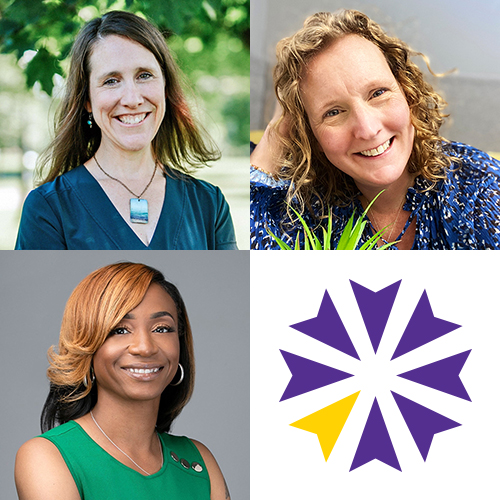
View Details / Enroll
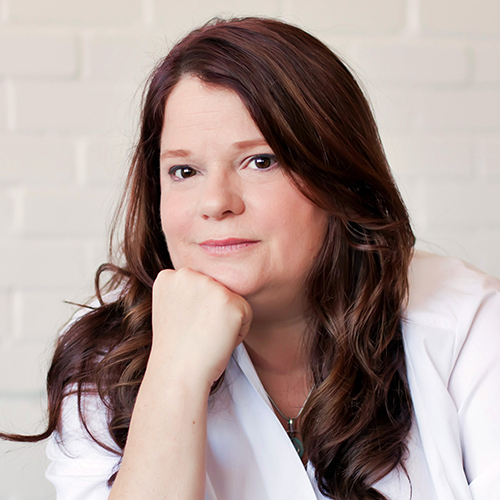
Breastfeeding by the Numbers: What do They Mean and When are They Useful?

Barbara D. Robertson, IBCLC, has been involved in education for over 34 years. She received a Bachelor’s degree in Elementary Education in 1988 and her Master’s in Education in 1995. Barbara left teaching elementary students in 1995 to raise her two children. Barbara is now the Director of The Breastfeeding Center of Ann Arbor and of the brand new business LactaLearning.
The Breastfeeding Center of Ann Arbor will still continue to serve breast/chestfeeding families and now LactaLearning will be dedicated to all of Barbara’s professional lactation trainings. Barbara has developed two 95 hour professional lactation training, a group training and a completely self study training with Nancy Mohrbacher. Barbara’s idea of creating professional book groups has exploded with her hosting Making More Milk with Lisa Marasco, Supporting Sucking Skills with Cathy Watson Genna, Breastfeeding Answers, 2nd Edition with Nancy Mohrbacher, and new for the fall, Safe Infant Sleep with Dr. James McKenna. Barbara will be hosting a one day online conference in the fall with Lisa Marasco and Cathy Watson Genna using all of her tech savvy skills to make this a one of a kind experience. Barbara is also a speaker for hire on a wide variety of topics including Motivational Interviewing. Barbara volunteered for the United States Lactation Consultation Association as the Director of Professional Development for 4.5 years.
She just retired as Associate Editor for Clinical Lactation, a journal she helped create for USLCA. Barbara has free podcasts, a blog, and Youtube videos which can all be found on her websites lactalearning.com and bfcaa.com. She has written many articles as well. She loves working with parents and babies, helping them with breast/chestfeeding problems in whatever way she can.
Topic: Breastfeeding: Baby’s First Milestone - [View Abstract]
Topic: Clinical Assessment and Management of Low Milk Production - [View Abstract]
Topic: Deconstructing Online Messaging: Ethical Considerations - [View Abstract]
Topic: Milk Sharing and Milk Banking: Building Knowledge for Better Outcomes - [View Abstract]
Topic: The Baby's Not Gaining Weight! Now What? - [View Abstract]
Topic: The Great Nipple Shield Debate - [View Abstract]
Numbers are used all the time in the lactation field. Test weights, percentiles, % of weight gain, are just some of the information that is gathered to help make infant feeding decisions. But what are they really telling us? When are they useful? Using these numbers in a way that actually helps support and promotes breastfeeding are key. Appropriate infant weight gain, how to do a test weight, scale calibration, calculating infant intake, and the possible need for supplementation, will all be covered.
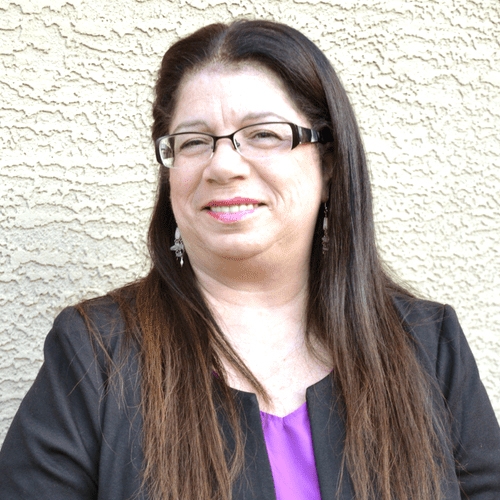

Lori J. Isenstadt, IBCLC, CCE, CBD, began her IBCLC career in 2 large hospitals and a local breastfeeding clinic. In 2007, she opened her practice, All About Breastfeeding, offering private consultations, and breastfeeding classes. Her expertise ranges from basic breastfeeding through the most complicated of breastfeeding challenges. In the last 30 years, Lori has taught breastfeeding classes to over 8000 parents where she focuses on what they should expect in the early days of breastfeeding. Lori is a member of Toastmasters International and enjoys speaking about mothering and breastfeeding. Lori is the host of All About Breastfeeding, a podcast where she interviews mothers, authors, researchers and physicians about topics related to breastfeeding. Lori believes that breastfeeding is a family affair. To help support her mission to educate families as well as corporations and business owners about breastfeeding, she has recently released the most comprehensive audio breastfeeding masterclass. She has produced over 300 shows many of which focus on breastfeeding educational topics. On a personal note, Lori resides in Phoenix, AZ is married to Alan for 38 years and is the mother of three adult children. Lori can be reached by email: [email protected] and website: www.aabreastfeeding.com
Topic: The Good news about delivering bad news: how to present difficult information to parents - [View Abstract]
Topic: The Original Foster-Mother Were Wet Nurses - [View Abstract]
Global breastfeeding initiation rates are about 80-85%. Unfortunately, there is a significant drop off rate of exclusive breastfeeding in the early weeks, well before parents return to work. The latest statistics of 45% exclusive breastfeeding at 3 months and 28% exclusive breastfeeding rates at 6 months clearly demonstrate that duration not initiation is the real struggle. This presentation will begin by reviewing global breastfeeding rates. We will than gain some real insight from parental feedback which helps us to understand what changes we need to make in breastfeeding education. You may be surprised to find out exactly what the point of breastfeeding classes are and who we should be targeting to help support parents in the early months of breastfeeding.

View Details / Enroll
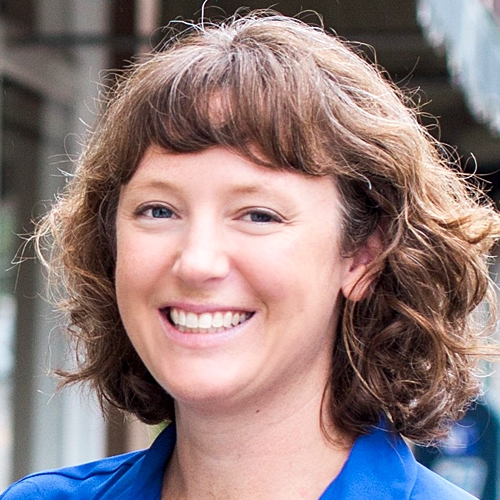
Breastfeeding Education in Secondary Schools—Research and Application for Lactation Professionals

After studying biology at Meredith College in North Carolina, Nicola Singletary, PhD, MAT, IBCLC spent the early part of her career sharing her love of science with middle school students. It was not until after the birth of her first child in 2007 and the challenges she faced breastfeeding that she became interested in pursuing a career in breastfeeding support. She enrolled at North Carolina State University to study human nutrition and completed the Mary Rose Tully Training Initiative through the Carolina Global Breastfeeding Institute at UNC Chapel Hill in 2012. In the fall of 2013, she opened Harmony Lactation, LLC with the goal of helping mothers meet their breastfeeding goals. She recently completed her PhD in Nutrition and is a postdoctoral researcher at NCSU; her research focuses on breastfeeding education. She is also co-owner of Next Level Lactation, an educational and consulting company for lactation professionals.
Topic: Funny Tasting Milk: The Biochemistry and Clinical Applications of Human Milk Oxidation vs. High Lipase Action - [View Abstract]
As part of efforts to increase breastfeeding initiation and duration, educational interventions aimed to increase awareness and positive attitudes towards breastfeeding beginning during the school years are recommended by the World Health Organization and UNICEF UK. Breastfeeding education in the school setting offers the opportunity to introduce the topic to a wide range of students from a variety of socioeconomic and cultural backgrounds. The purpose of this presentation is to 1) present a critical review of the literature regarding stakeholder views of breastfeeding education programs in schools, 2) explore ongoing mixed methods research on North Carolina family and consumer science teacher attitudes and practices relating to infant feeding education in the secondary classroom, and 3) make recommendations for opportunities for lactation professionals to promote breastfeeding education in schools.

Breastfeeding improvement following tongue-tie and lip-tie release: A prospective cohort study

Bobby Ghaheri, MD is a board certified ear, nose and throat specialist with The Oregon Clinic in Portland, OR. His interest in treating children with tongue and lip-tie stems from his ardent support of breastfeeding and was furthered by his personal experiences, as his youngest child benefited from treatment for it. He enjoys working with children and has an interest in traditional and non-traditional approaches to pediatric pain control. To communicate with him, feel free to email him at [email protected] or follow him on Twitter at @DrGhaheri.
Topic: Diagnosis and Management of Tongue Tie and Lip Tie in Breastfeeding - [View Abstract]
Numerous symptoms may arise which prevent mother-infant dyads from maintaining desired breastfeeding intervals. Investigations into treatments which positively influence breastfeeding outcomes allow for improved patient counseling for treatment decisions to optimize breastfeeding quality.
Surgical release of tongue/lip-tie results in significant improvement in breastfeeding outcomes. Improvements occur early (1-week postoperatively) and continue to improve through 1-month postoperatively. Improvements were demonstrated in both infants with classic anterior tongue-tie and less obvious posterior tongue-tie. This study identifies a previously under-recognized patient population that may benefit from surgical intervention if abnormal breastfeeding symptoms exist.

Breastfeeding in Hong Kong and traditional Chinese wisdom on confinement practices

Heidi Lam is a private practice IBCLC and La Leche League Leader in Hong Kong. She tandem nurse her two daughters and have more then 8 years of breastfeeding experience. She was accredited as La Leche League Leader in 2009. In 2010, to she was awarded the Trudi Szallasi Memorial Scholarship from Health-e-learning.com to complete a one year course on lactation medicine. In 2011, she was qualified as International Board Certified Lactation Consultant. Her job focus mainly on home visits to clients and running breastfeeding classes. Heidi is also active in promoting breastfeeding and was often interviewed by parenting magazines and other media in Hong Kong. Heidi was a Hong Kong delegate to spoke at the Susuibu.com International Lactation Conference 2010 in Malaysia. She also speaks regularly at local breastfeeding support groups.
Breastfeeding rates upon discharge is rising in Hong Kong over the past 20 years. Breastfeeding has become more of a topic than ever before. However, it is still very common to have early introduction of formula and exclusive breastfeeding rate is still low. Most private hospitals do not allow 24 hours room in. Many mothers need to go back to work when the baby is only six weeks old. In Hong Kong, it is very common to practice a confinement period after birth. This traditional Chinese wisdom has many benefits for the mothers and babies. Mothers of other cultures can also make use of some of the practices to benefit themselves.

View Details / Enroll

View Details / Enroll
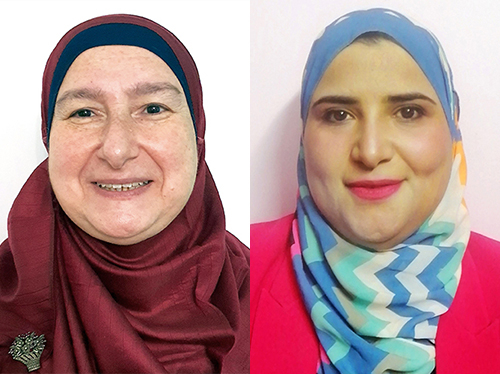

Dr. Amal El Taweel is a graduate of Faculty of Medicine, Cairo University, class of 1986. She obtained the Masters of Pediatrics in 1992 from Faculty of Medicine, Cairo university, and the Doctorate of Pediatrics from Al Azhar university in 2002. She became an IBCLC in 2003. Since 2004 she has been providing a pre-exam course for the Egyptian Lactation Consultants' Association of which she is a board member, treasurer and education coordinator. This program has been helping hundreds of Egyptian and Arab health care providers to certify as IBCLCs. She is also a member of the Advisory committee of IBFAN Arab world since 2012. She is a member of ILCA since 2008 and a member of the Academy of Breastfeeding Medicine (ABM) since 2009. She became a fellow and Board member of ABM in 2021.
Dr. Fayrouz Essawy is a pediatrician, neonatology consultant, an international board-certified lactation consultant, Neonatology Egyptian fellowship trainer, a baby friendly health initiative coordinator and Associate alumni, Harvard medical school. Fayrouz works as a neonatologist in El Mounira NICU. In 2016, she joined the LCCC course as a trainer, lecturer and course developer to train and qualify the medical team for IBCLC certification under the auspices of ELCA along with her work as a lactation consultant and a baby Friendly Coordinator and Trainer for a 20-hour course since 2019 in Rofayda maternity Hospital. She became a Neonatology Egyptian Fellowship trainer in 2020. She received the Egypt TOT (Training of Trainers), Harvard Medical School in 2020, and Research Training for Egyptian Researchers, Harvard Medical School in 2021. She is a member of the Egyptian Society of Pediatrics, the Egyptian lactation consultant association (ELCA), the academy of breastfeeding medicine (ABM) and the international lactation consultant Association (ILCA)
Breastfeeding is one of the matters that Islamic Sharia has given great importance. This is due to its importance and the fact that it replaces lineage in several matters, and the provisions of breastfeeding are many, including those related to the nursing mother and what pertains to the infant, as well as those related to and consequent on the milk itself.
The provisions of breastfeeding in Islam are many, including the provisions of fasting for a nursing mother and the mother’s right to receive the reward for breastfeeding her child, in the event that she is divorced, or revocable and her waiting period has expired, or if she is in the waiting period of death.
Also Islam fully supports adoption and encourages sponsoring orphans, rearing them, treating them kindly and seeing to their needs and interests. But adoption in Islamic law has rules and conditions that must be adhered to. there are some differences between Islam and the present system in other cultures, when we come to the implications and legal consequences of adoption. The rules come directly from the Quran, which gives specific rules about the legal relationship between a child and his/her adoptive family. Muslim women who adopt children may try to breastfeed these children in accordance with the provisions of Islamic Shariah law, which is to breastfeed the infant from three to five full feedings or more when the child is less than two years old.
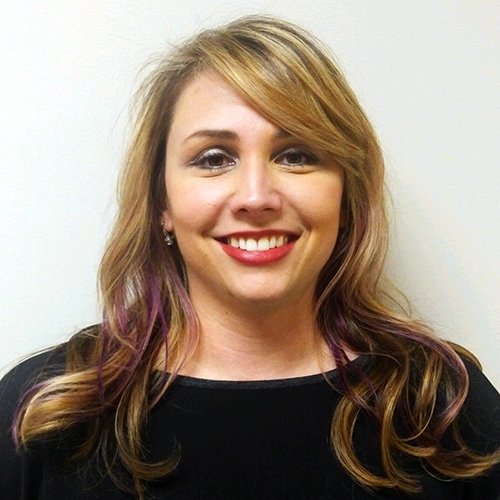
Breastfeeding Medically Complex Infants in the Neonatal ICU

Amber Valentine is a Speech-Language Pathologist who graduated from the University of Kentucky with her MS in Communication Disorders. She is a Board Certified Specialist in Swallowing and Swallowing Disorders and an International Board Certified Lactation Consultant, as well as a Certified Neonatal Therapist (CNT). She worked for Baptist Health Systems, Inc for 8 years before moving to Florida where she worked for Wolfsons Children’s Hospital and Mayo Florida. She is now back in Kentucky working for Baptist Health Lexington. She has experience in adults and pediatrics with feeding and swallowing difficulties including: bedside swallow evaluations, Modified Barium Swallow studies, FEES, and pediatric feeding evaluations including NICU. She has experience with head and neck cancer patient including evaluation and treatment of swallowing difficulties, PMV use, and voice after total laryngectomy including TEP. She has provided guest lectures for the University of Kentucky, Eastern Kentucky University, and the University of Louisville on feeding and swallowing topics. She has presented at the hospital, local, state, national, and international levels on pediatric feeding/swallowing and breastfeeding.
Topic: Breastfeeding Medically Complex Infants in the Neonatal ICU - [View Abstract]
Topic: Building a Successful Breastfeeding Program in the NICU: Challenges and Practical Solutions - [View Abstract]
Feeding is the most complex task of infancy, even in term babies with no complications. There are many diagnoses, conditions, syndromes, and co-morbidities that can impact feeding in neonates and infants. This talk will briefly highlight many of those, but we will focus on three specific populations of interest –Cleft lip and palate, Infants of Diabetic Mothers, and Down Syndrome. We will discuss the specific implications these conditions can have on feeding, why these infants may have difficulty, and the classic symptoms one could expect to see. The differences between delayed and disordered feeding will also be addressed. Strategies and adaptions for both breast and bottle feeding will be discussed. Positioning, nipple flow rate, and external strategies will be explained. Case studies will be shared at the end of the presentation.

View Details / Enroll
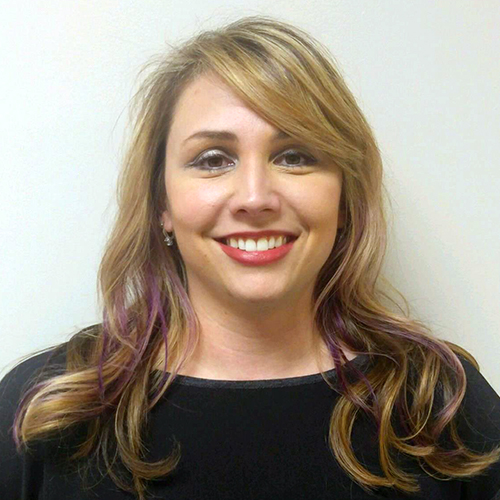
View Details / Enroll










